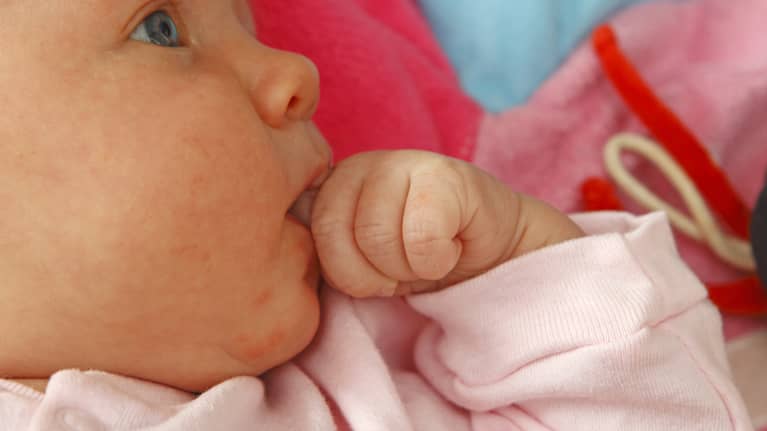Towards the end of the 1960s the average age of a first-time mother in Finland was about 23 years old. These days, however, first-time mothers are about 29 years old and on average, first-time fathers are about 31.5 years old.
In its so-called Family Barometer study, which the group regularly carries out, the federation raised questions about stereotypes about family life, inequality between parents and even examined people's lack of knowledge in biology.
The group interviewed adults without children in order to ask them what family life meant to them.
The respondents often connected family life with owning an automobile, a house and having a steady, secure job. Many told the group they'd be hesitant to start a family too early in their lives.
In earlier family barometers many childless women cited the lack of a suitable partner as the reason behind their non-parental status.
But now, according to the study, women said that they're not having children because they don't want to lose their freedom. Some of those women said that if they gave birth to a child they'd have to give up travelling, enjoying hobbies and spending time with friends.
Future parents, maybe
Despite a trend of delaying parenthood, it's still uncommon for women to say they don't want to have children at all.
The federation says that a family barometer carried out a few years ago indicated that a childless lifestyle may be becoming the norm in Finland. However the group says the latest barometer does not support that theory.
Anna Rotkirch, a researcher at the family federation, says that people can accidentally "sleepwalk into childlessness," in that they simply wait too long to have children.
The fertility of women begins to decline at around the age of 25, Rotkirch says.
Fully one-half of male respondents said they did not know the effect age has on a woman's fertility, Rotkirch said.
This year's study found that as people wait to have their first offspring, the time between the births of each successive child have become shorter, which has led to siblings being born with smaller age differences than in previous generations.
It is perhaps not surprising that many childless people in Finland consider parenthood to be a daily struggle of fatigue and stress.
"When this set of circumstances is combined with people around 30 or 40 who often work a lot, and hard, it can be a recipe for problems," Rotkirch said.
Effects of parenthood viewed differently
For some of those hesitant about starting families, the issue of inequality between parental roles doesn't help matters, either, she said.
"In the barometer, women wondered how much time they'd be able to take off work, while men said they reckoned that they would not be able to work as much overtime once they become fathers," Rotkirch said.
Rotkirch suggested that young people in Finland should start to look at parenthood a bit differently. She said potential parents should consider having just one child at a time rather than waiting for sometime in the future to have several children in a short period of time.
She also said that Finland as a society should not penalise people for having children, regardless of which stage of life they're in. As an example, Rotkirch said that students shouldn't be made to suffer economic hardships just because they decide to have a baby.
